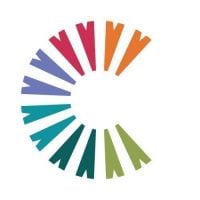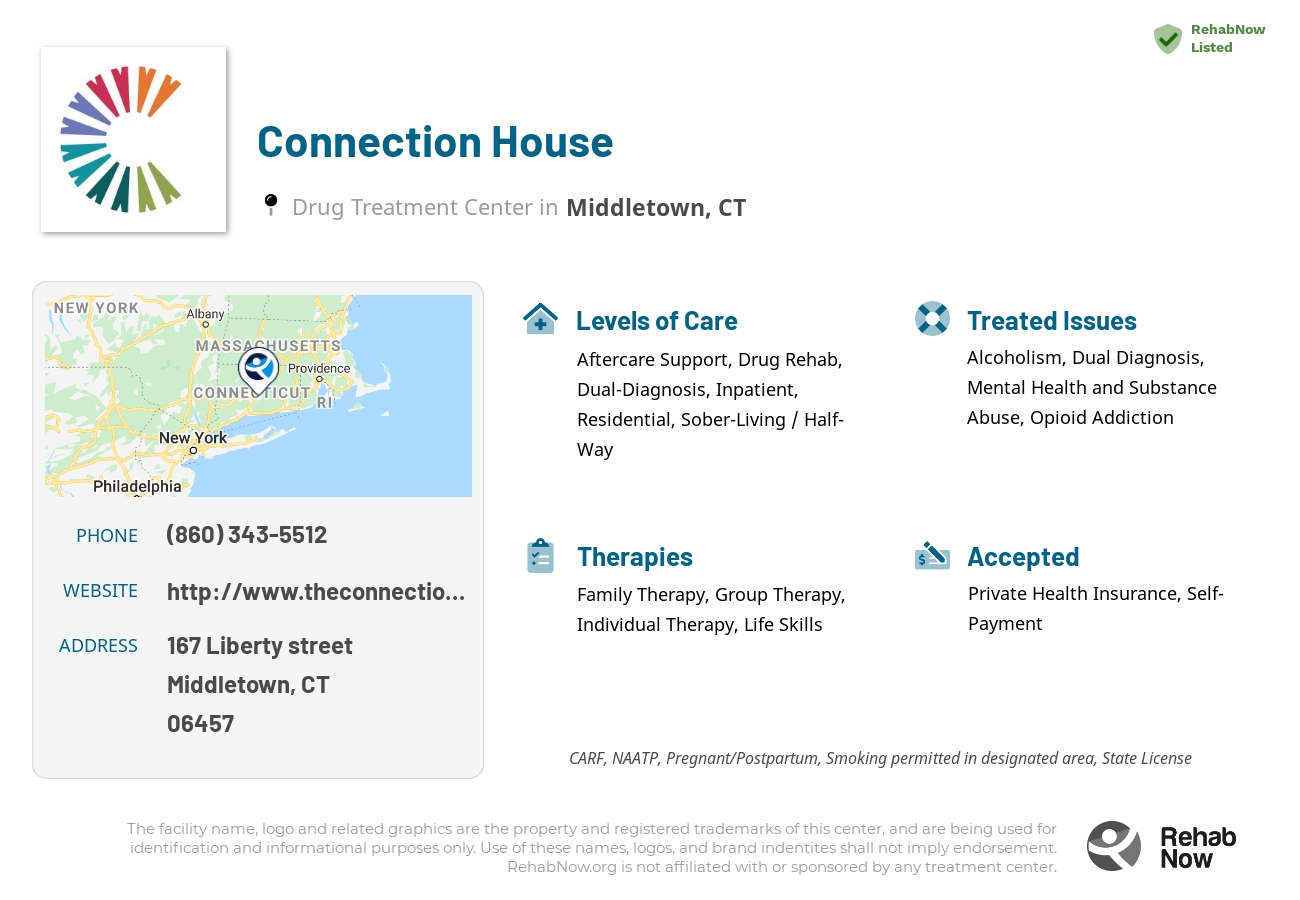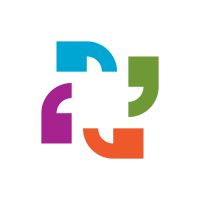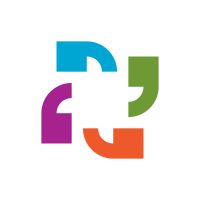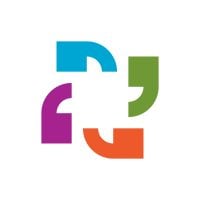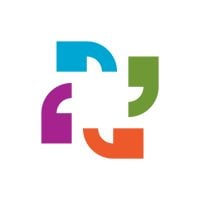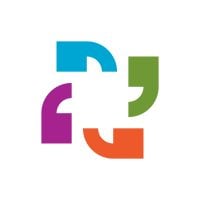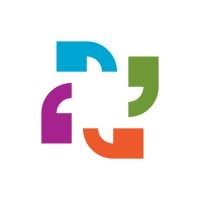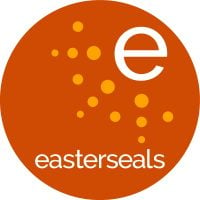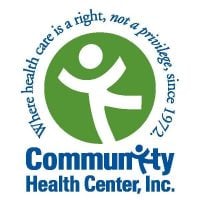Connection House
Drug Rehab Center in Middletown, Connecticut
Connection House is a top-notch addiction treatment facility in Connecticut that provides help for alcoholism, dual diagnosis, opioid addiction, and drug addiction, with experienced staff offering inpatient, residential, and sober-living / halfway levels of care as well as aftercare support and private health insurance acceptance to help ensure sobriety and make it more affordable for those seeking help for addiction.
Multiple patients have reported Connection House as permanently closed.
Research other rehabs in Middletown, Connecticut, or get help finding an open facility.
About Connection House in Connecticut
Connection House is an addiction treatment facility located in Middletown, CT. Established in 1972, this facility specializes in treating individuals dealing with alcoholism, dual diagnosis, opioid addiction, and drug addiction. Connection House offers various levels of care to cater to their patients' specific needs, including aftercare support, drug rehab, dual-diagnosis treatment, inpatient services, residential treatment programs, and sober-living/halfway house options. With its long-standing presence in the community, Connection House strives to provide comprehensive and effective solutions for individuals seeking recovery from substance abuse issues.
This multifaceted facility provides a range of services and treatment methods tailored towards combating addiction and helping individuals achieve sobriety. From inpatient programs that offer immersive therapy and structure to residential programs that integrate counseling sessions, Connection House aims to create a supportive environment for patients on their journey to recovery. Additionally, they specialize in assisting individuals facing mental health challenges alongside addiction with their dual-diagnosis treatment approach. Connection House also offers aftercare support, ensuring that individuals can successfully transition into a substance-free life by providing ongoing resources and guidance.
Genders
Ages
Modality
Additional
Conditions and Issues Treated
Opioid addiction has become a significant health problem in the United States. In 2015, there were 91 opioid overdose-related deaths per day, with a substantial increase in mortality rate in 2014.
When opioid addiction has reached a point where a person’s life becomes unmanageable, treatment options are available to help them get sober. Treatment that includes medical care with medications and counseling can help a user transition into sobriety.
When someone in struggles with both addiction and mental or emotional illness, this is considered a dual diagnosis. Dual diagnosis treatment can include therapy for these issues to happen simultaneously, which will allow either of them to be treated effectively.
Sometimes people who have suffered from addiction disorder also suffer from co-occurring disorders such as depression, anxiety, bipolar disorder, etc., making them “dual diagnoses.” Dual diagnoses require specialized treatment programs where drug and alcohol addiction are addressed along with psychiatric illnesses. Some rehabilitation facilities provide patients suffering from cooccurrences a program with highly integrated services and a clean environment with few distractions to help them succeed.
Levels of Care Offered
This center offers a variety of custom treatment tailored to individual recovery. Currently available are Aftercare Support, Drug Rehab, Dual-Diagnosis, Inpatient, Residential, Sober-Living / Half-Way, with additional therapies available as listed below.
Inpatient treatment for alcoholism or drug addiction is an option that provides the addict with a supportive environment in which they can stop using. After detox, an inpatient treatment center provides a structured environment for the addict to recover from their addiction and begin taking steps toward a lifetime of sobriety.
This type of treatment is appropriate for addicts that are most in need of intensive care and supervision. This includes those who were unable to quit on their own, those who need more structure than they can get in outpatient treatment, and those whose addiction has led them into legal trouble or severe health problems.
Sober living homes, also known as halfway houses, provide recovering people with a structured drug-free environment to live in that bridges inpatient rehab and the much less structured world of outpatient rehab. Sober living homes offer a person early in recovery the opportunity to practice recovery skills in a safe environment.
The atmosphere in sober living homes is less restrictive than in an inpatient facility. Members have to follow many rules, including not drinking and using drugs and paying rent and bills. There is no limit to the period of stay. As long as you stay, you should follow the rules because it’s the opportunity for individual and group sobriety.
Residential treatment programs are those that offer housing and meals in addition to substance abuse treatment. Rehab facilities that offer residential treatment allow patients to focus solely on recovery, in an environment totally separate from their lives. Some rehab centers specialize in short-term residential treatment (a few days to a week or two), while others solely provide treatment on a long-term basis (several weeks to months). Some offer both, and tailor treatment to the patient’s individual requirements.
Completing a drug or alcohol rehab program is only the first step. Then comes aftercare support. These services include sober living accommodations, career counseling, and AA/NA programs for those struggling with sobriety or who want help maintaining it after initial rehab at an addiction facility.
They can last up to a year or more depending on what’s needed most urgently after the earlier stages are completed.
Therapies & Programs
Because no single treatment is effective for all addicts, the goal of treatment and therapy should be to figure out what works best for each individual. Tolerance and withdrawal levels differ from person to person, affecting the treatment intensity required. Addiction treatment should aim to help addicts develop healthy coping mechanisms for dealing with their addiction and its underlying causes.
Family therapy is beneficial for people who are in addiction treatment services because it offers addicts the opportunity to work with their family members to better understand what led them to make choices that contributed to their addiction.
This type of therapy helps family members reach a deeper understanding of how they can best support their loved one during recovery. It also helps the addict better understand their own motivations and triggers that led them to turn to substance abuse.
Family therapy can help addicts in the following ways:
- Assists family members in processing difficult feelings so they don’t blame or resent recovering addicts
- Assists family members in understanding how addiction has impacted the addict and everyone who is involved with them
- Allows the addict to take responsibility for their actions, while encouraging improved communication skills
- Helps family members understand how to best support an individual in recovery so addicts don’t relapse again.
Group therapy can help build a stronger support system and give addicts in Middletown, CT insight into their addiction that they gain through shared conversations. Group therapy occurs in a controlled group environment, exclusive of one on one meetings. This makes it safer for patients to feel comfortable sharing the struggles they’re going through and gaining perspective.
Life Skills Services assist addicts in their recovery by teaching them healthy coping mechanisms that will aid them in becoming sober, focussing on helping people enter into, and maintaining long-term sobriety. Drug Treatment Centers provide Life Skills Services at varying levels of intensity, specific to the needs and requirements of each patient.
The benefits of Life Skills Services offered at Connection House:
- Restores hope and empowerment — Helps addicts believe that recovery is possible and instills a new confidence in their ability to achieve a positive, drug-free future
- Enhances family involvement — Encourages families to get involved in the recovery process and supports their understanding and encouragement of healthy behavior.
- Increases patient’s compliance — Helps patients take responsibility for and ownership of their recovery and encourages continued progress
- Reduces relapse rates — Encourages long-term abstinence and emphasizes the importance of establishing sober support systems.
Payment Options Accepted
For specific insurance or payment methods please contact us.
Is your insurance accepted?
Ask an expert, call (888) 674-0062
Harborside Healthcare Associated Centers
Discover treatment facilities under the same provider.
- Harborside Healthcare - Arden House in Hamden, CT
- The Connection - Michael Perlin Center in Meriden, CT
- The Connection - Michael Perlin Center in Norwich, CT
- Connection - Outpatient in New Haven, CT
- The Connection - Michael Perlin Center in Old Saybrook, CT
Learn More About Harborside Healthcare Centers
Additional Details
Specifics, location, and helpful extra information.
Middletown, Connecticut 6457 Phone Number(860) 343-5512 Meta DetailsUpdated November 25, 2023
Staff Verified
Connection House Patient Reviews
There are no reviews yet. Be the first one to write one.
Middletown, Connecticut Addiction Information
Connecticut has a higher rate of substance abuse and addiction than the national average. The state ranks in the top 10 in the country for illicit drug dependence among those ages 18 to 25. In 2010, there were 9,211 people admitted to an alcohol treatment facility for alcohol abuse combined with a secondary drug. Connecticut ranked fifth in the United States of America for the number of fatalities involving drunk driving in 2014.
In 2013, there were over 2,000 reported incidents of drug abuse in Middletown, Connecticut. Drug overdose was the direct cause of death for over 800 people in 2014. 837 people abuse alcohol in Middletown, Connecticut. The cost of addiction is also taking a toll on the community as it costs the city millions of dollars. One great way to find the best treatment for anyone is to do some online research.
Treatment in Nearby Cities
- Stafford Springs, CT (34.1 mi.)
- Wethersfield, CT (10.0 mi.)
- Manchester, CT (16.4 mi.)
- Old Saybrook, CT (23.2 mi.)
- Cobalt, CT (5.2 mi.)
Centers near Connection House
The facility name, logo and brand are the property and registered trademarks of Connection House, and are being used for identification and informational purposes only. Use of these names, logos and brands shall not imply endorsement. RehabNow.org is not affiliated with or sponsored by Connection House.
